Justice and Authority in Immigration Law
Introduction I. Four Predicaments II. Justifying Immigration Policies: Rawls, Kant, and Smith III. Some Parameters and Stipulations Part I: Preliminaries I. Introduction II. Justice and Authority III. The Universality of Justice IV. Justice and Authority in Immigration Governance V. Moving on 2. Inegalitarianism in Immigration Governance I. Introduction II. Some Considered Judgements of Injustice in Immigration III. Discretionary Doctrines IV. Inegalitarianism in Immigration Law V. Inegalitarianism: Four Examples VI. Moving on Part II: The Authority of Immigration Regimes 3. The Rightful Governance of Immigration I. Introduction II. The Argument for the Postulate of Public Right III. The Moral Standing of States and Required Forms of Partiality IV. The Duty to Govern Immigration Rightfully V. Immigration Regimes as Status Regimes VI. Moving on 4. Two Absolutisms I. Introduction II. An Absolutist Schematic III. Communitarian Absolutism IV. Liberal Pessimism V. Moving on 5. The Authority of Immigration Law I. Introduction II. Consent III. Fairness IV. The Natural Duty of Justice as a Principle of Political Obligation V. How Just Immigration Regimes Can Have Authority VI. Moving on Part III: Justice in Immigration Governance 6. The Indirect Principle of Freedom of Migration I. Introduction II. Two Frameworks III. The Value of Freedom of Movement IV. The Global Distributive Justice Alternative V. The Indirect Principle VI. Moving on 7. Priority of Admission for the Worst-off Migrants I. Introduction II. Contextualism and Universalism III. A Contextualist Universalist Method IV. A Constructivist Approach to Immigration V. Free and Equal Migrants VI. A Basic Liberty VII. A Non-lexical Liberty VIII. Prioritizing the Worst off IX. Principles for the Just Governance of Immigration
{{comment.content}}
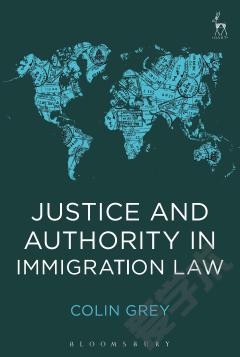
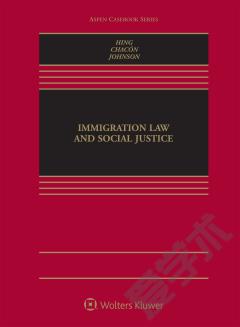
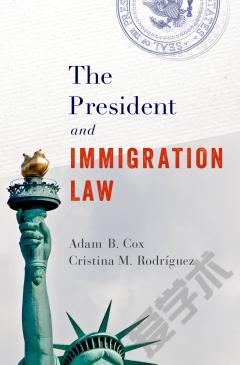
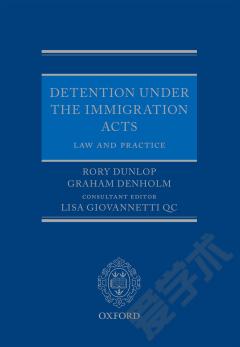
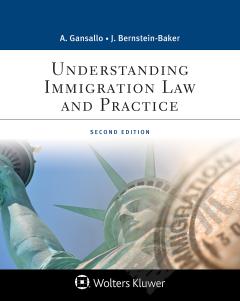
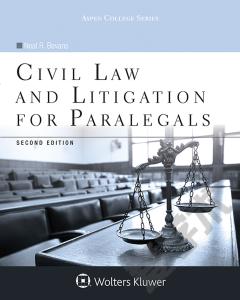
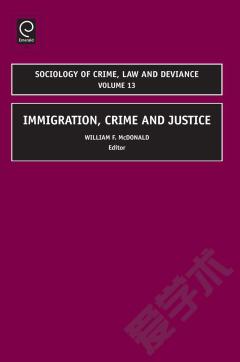

 京公网安备 11010802027623号
京公网安备 11010802027623号